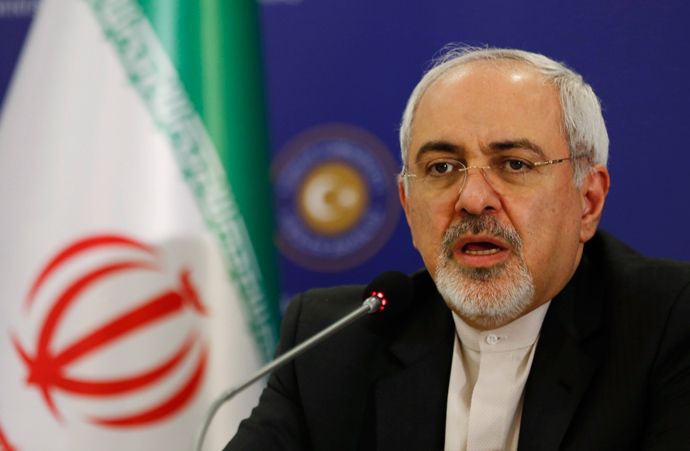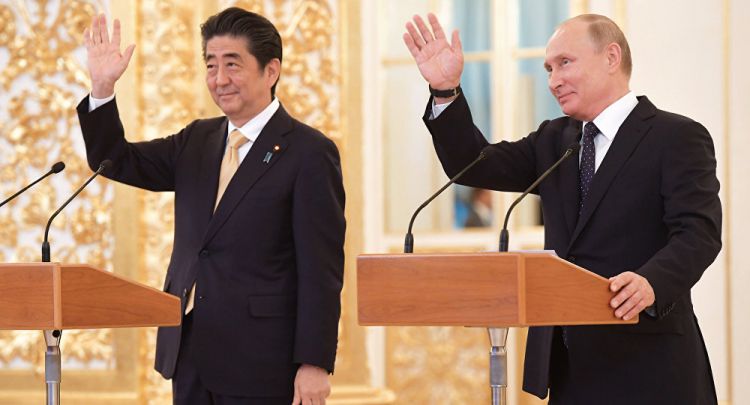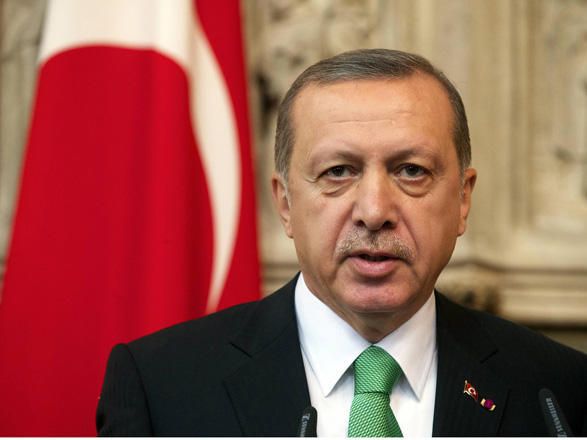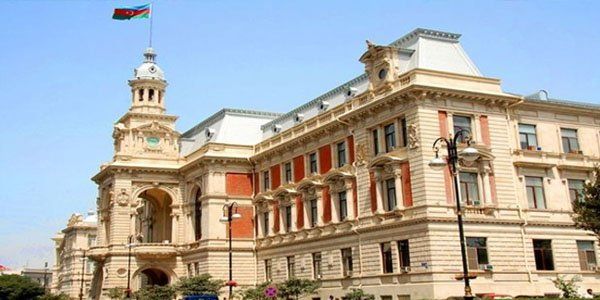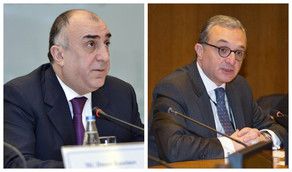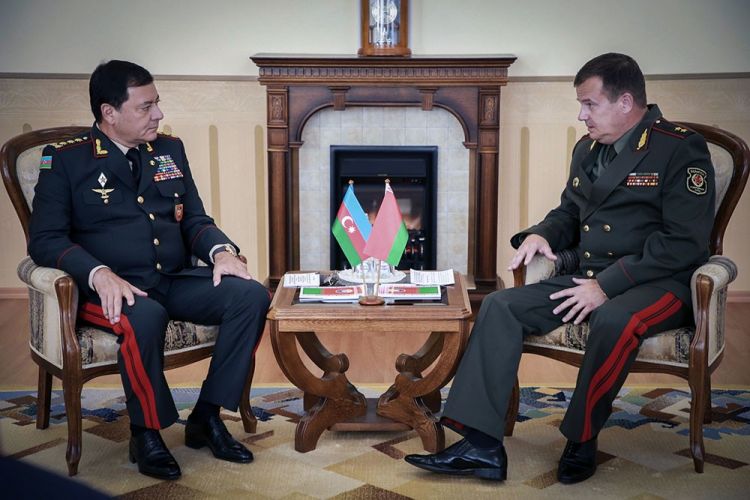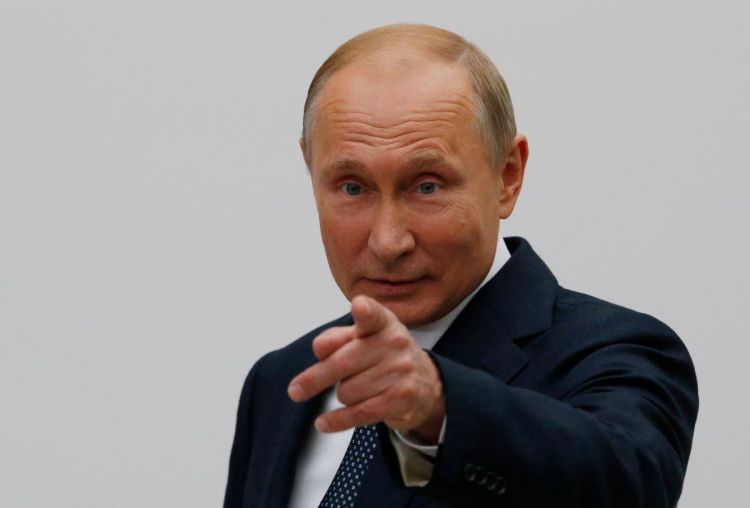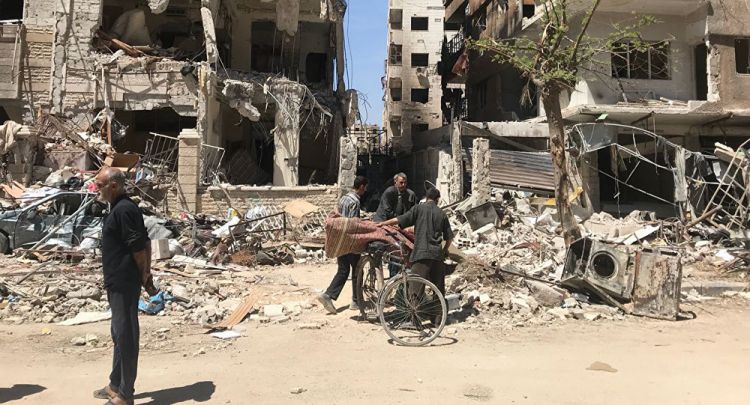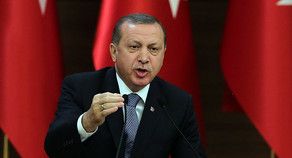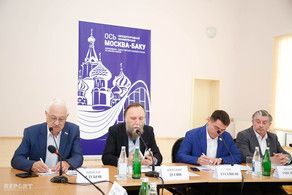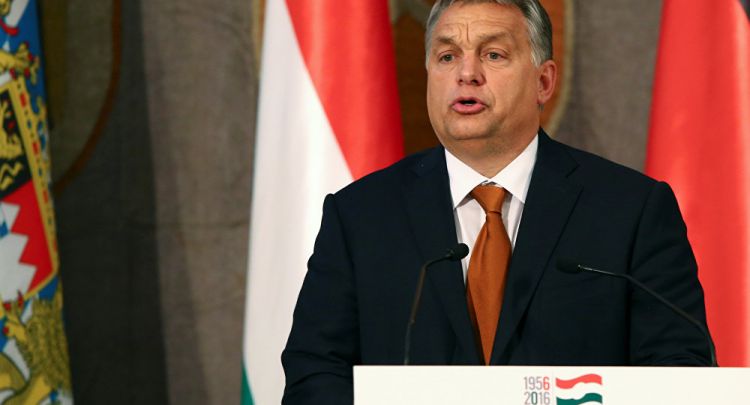Trump's new strategies will further isolate US
Karabakh Today reports citing IRNA.
"In my opinion, the new US strategies against Iran, which were announced by the country's secretary of state, will bring down more isolation on the US," Zarif said in a meeting with a number of Iranian lawmakers on Sunday.
US Secretary of State Mike Pompeo said on Monday that Washington will increase the financial pressure on Iran by imposing the "strongest sanctions in history" on the Islamic Republic if Tehran refuses to change the course of its foreign and domestic policy.
Speaking weeks after the United States' pullout from a nuclear agreement Iran signed with major powers in 2015, he laid out 12 tough conditions for any "new deal" with Tehran. The conditions included withdrawal of Iran's military advisors from Syria, who have been helping the country's legitimate government in its anti-terror fight against terrorist outfits, which have been mostly aided and abetted by the US and its Western and regional allies.
Leader of the Islamic Revolution Ayatollah Seyyed Ali Khamenei said on Wednesday US enmity toward Iran is deep but noted that all American plots against the country have failed since the victory of the 1979 Islamic Revolution.
During a meeting with heads of the three branches of the Iranian government as well as officials in Tehran, Ayatollah Khamenei referred to what he called “the fundamental, deep and constant enmity” of the US toward the Islamic Republic and said Iran would definitely defeat the US if Iranian officials fulfill their duty.
US President Donald Trump announced on May 8 that Washington was walking away from the nuclear agreement, officially known as the Joint Comprehensive Plan of Action (JCPOA), which was reached between Iran and the five permanent members of the UN Security Council - the US, Britain, France, Russia and China - plus Germany.
Trump also said he would reinstate US nuclear sanctions on Iran and impose "the highest level" of economic bans on the Islamic Republic.
The Iranian foreign minister further said Pompeo's conditions "were not based on prudence."
Zarif added there has been an international consensus in support of the negotiations about Iran's nuclear program since the beginning of the talks and said only three Arab countries in the Persian Gulf and the Israeli regime currently oppose the JCPOA despite the US withdrawal.
"I believe that there is still an international consensus in support of it [the JCPOA] and that Trump has failed to change the conditions," he pointed out.
Since the US president pulled Washington out from the historic nuclear deal, European countries have been scrambling to ensure Iran gets enough economic benefits to persuade it to stay in the deal.
After the US withdrawal, five major states and Iran met in Vienna on May 25 at Iran's request and emphasized the importance of working together to explore ways to save the accord.
It was the first meeting between China, Russia, France, Britain, Germany and Iran and they all indicated more confidence was built after the Vienna talks.
Speaking after the meeting, Iranian Deputy Foreign Minister Abbas Araqchi said that there is greater confidence about the survival of the JCPOA.
"I think it was a good session because all the remaining members of the JCPOA announced their fully unanimous stance on continuing [to abide by] their commitments under the JCPOA," the Iranian nuclear negotiator said.
Elsewhere in his remarks, Zarif said, "We trust our nation and this confidence gives us power to meet our country's benefits in such difficult negotiations."
He noted that all the negotiating parties intend to meet their own interests and added that the Europe stays in the JCPOA and supports it due to its benefits.
If Iran's interests are met and necessary guarantees are given in this regard, the Islamic Republic will also stay in the JCPOA, the top Iranian diplomat said.
In a meeting with the European Commissioner for Energy and Climate Miguel Arias Cañete and his accompanying delegation in Tehran on May 20, the Iranian foreign minister said the European Union's "political support" for the multilateral nuclear agreement is not enough, urging the bloc to take more practical steps to boost economic cooperation with Iran.
"The [European] Union must take more practical steps to continue its economic cooperation with Iran and boost its investment in Iran," Zarif added.
Karabakh Today
